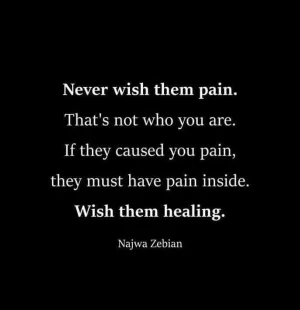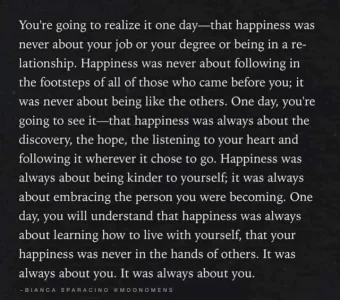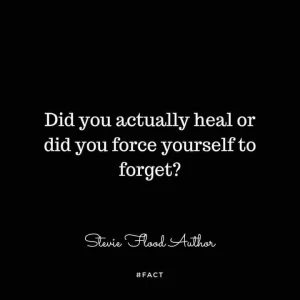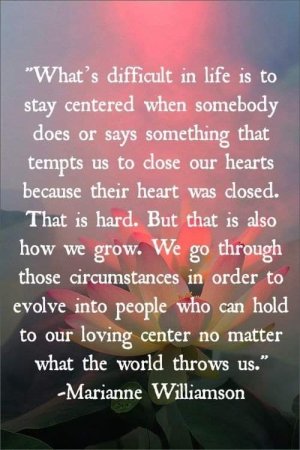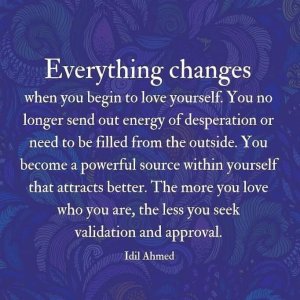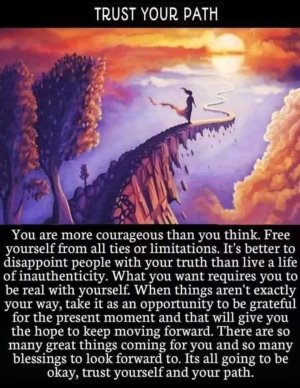You are using an out of date browser. It may not display this or other websites correctly.
You should upgrade or use an alternative browser.
You should upgrade or use an alternative browser.
Thoughts From A Tired Soul
- Thread starter Sandie33
- Start date
More options
Who Replied?Gratitude is one of the quickest ways to amp up your vibration. Try it right now—stop reading and look around the room. Turn your attention to what you are thankful for in this moment (there is always something). It might be your purring feline, the beautiful weather, or the fact that you were blessed with another day on this earth. As life coach Tony Robbins said, “You can't feel fear or anger while feeling gratitude at the same time.” Therefore, when you feel yourself experiencing a low energy emotion, see if you can shift your attention to gratitude. Make gratitude a habit, and it will transform your outlook on life as you start to experience a spiritual awareness and appreciation for the little things.
Its cool how you come across the perfect words at the right time.
Last edited:
Its cool how you come across the perfect words and the right time.
It is indeed a blessing to receive what we need in the timing unbeknownst to us.
You're Awesome Sandie
dZpADTLrPmX4c
Impermanent Fixture
- MBTI
- <3
What a lovely thread <3
Wings~~C.DavidHay
Oh, to catch the winds of flight
And soar where eagles go,
To leave the woes of troubled souls
Behind me far below.
I'd listen to the song of birds
And sail in endless flight,
Then chase the sun through cloudy paths
And play with stars at night.
The boundless heavens for my home,
The breeze to lift me high
To raise above my mortal bonds
And never have to die.
Knowing I had found the way
To trails where angels trod,
And when my wings could fly no more,
I'd take the hand of God!
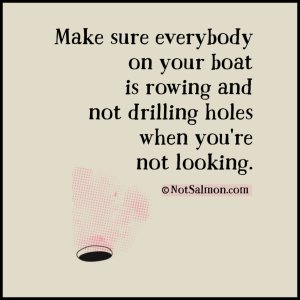


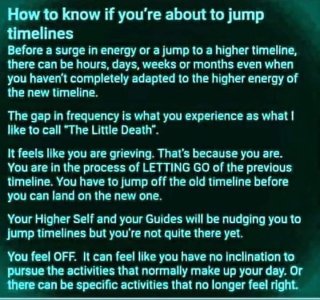
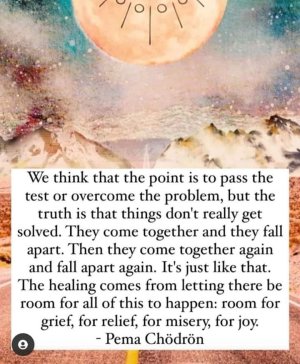

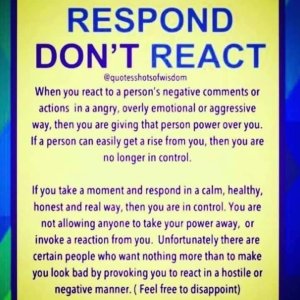
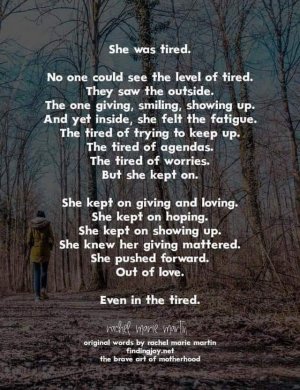
Thinking this morning about investments.
We all make investments of some sort, be it material or immaterial.
This posed the question of whether the advise of 'don't sweat the little stuff, and it's all little stuff' falls into the immaterial basket?
Often it is difficult to explain to others that the vague dualities of life show up and are amplified through the misunderstanding of terms being used in communication.
If there is no clarity, misunderstanding abounds, and thus the conversation renders immaterial, yes? Why invest thoughtful energy into a conversation that causes misunderstanding, conflict, and often chaos?
The first aspect of thoughtful communication must be clarity ... are we talking about the same thing?
This led into thoughts about executive level thinking. To put it in context for clarity we label thinking in terms of rational, emotional, critical, executive, etc. Cognition is believed to be thinking 'skill'.
Sidebar note, many who follow Esoteric thought agree that in leveling up it is the moving into our executive cognitive function. The evolution of subconscious movement through consciousness into superconsciousness. We can hit on Freuds explanations of ego. Jung went much deeper into conscious with his explanations. Skinner was always a favorite of mine when dealing with reward systems ... anchoring my belief in that human behavior is rooted in the rewards system and if there is no reward they discontinue the behavior in lieu of something more rewarding. Reward systems is a great topic for another post regarding it an narcissistic behavior traits.
Back to executive functioning. Far too many individuals do not, or barely reach executive level functioning.
[Cited from Wikipedia, great for elementary schooling but not so great for higher learning]
Executive functions (collectively referred to as executive function and cognitive control) are a set of cognitive processes that are necessary for the cognitive control of behavior: selecting and successfully monitoring self behaviors that facilitate the attainment of chosen goals. Executive functions include basic cognitive processes such as
attentional control,
cognitive inhibition,
inhibitory control,
working memory,
and cognitive flexibility.
Higher-order executive functions require the simultaneous use of multiple basic executive functions and include planning and fluid intelligence
(e.g., reasoning and problem-solving).[1][2][3]
Executive functions gradually develop and change across the lifespan of an individual and can be improved at any time over the course of a person's life.[2] Similarly, these cognitive processes can be adversely affected by a variety of events which affect an individual.[2] Both neuropsychological tests (e.g., the Stroop test) and rating scales (e.g., the Behavior Rating Inventory of Executive Function) are used to measure executive functions. They are usually performed as part of a more comprehensive assessment to diagnose neurological and psychiatric disorders.
Cognitive control and stimulus control, which is associated with operant and classical conditioning, represent opposite processes (internal vs external or environmental, respectively) that compete over the control of an individual's elicited behaviors;[4] in particular, inhibitory control is necessary for overriding stimulus-driven behavioral responses (stimulus control of behavior).[2] The prefrontal cortex is necessary but not solely sufficient for executive functions;[2][5][6] for example, the caudate nucleus and subthalamic nucleus also have a role in mediating inhibitory control.[2][7]
Cognitive control is impaired in addiction,[7] attention deficit hyperactivity disorder,[2][7] autism,[8] and a number of other central nervous system disorders. Stimulus-driven behavioral responses that are associated with a particular rewarding stimulus tend to dominate one's behavior in an addiction.[7]
The fundamental skills related to executive function include proficiency in adaptable thinking, planning, self-monitoring, self-control, working memory, time management, and organization.
tbc:2/14
derailed again...
Just getting into talking to myself about how to wrestle all the latest feelings revolving around loss and more unhealthy news pops in.
My mean sister is back in the hospital with fluid in her lungs and around her heart.
I'm numb already.
Pass the loss, I have room in the cart.
I'm loving having been introduced to the acronym CART when navigating dementia. When frustration hits, I generally turn to Dad and say I'll be back in 10, I'm taking my CART for a walk.
The acronym stands for,
Do not: correct, argue, rationalize, nor test.
I'll be damned if it doesn't work on many interactions with others who do not have dementia.
Still leafing through the executive functions idea.

Just getting into talking to myself about how to wrestle all the latest feelings revolving around loss and more unhealthy news pops in.
My mean sister is back in the hospital with fluid in her lungs and around her heart.
I'm numb already.
Pass the loss, I have room in the cart.
I'm loving having been introduced to the acronym CART when navigating dementia. When frustration hits, I generally turn to Dad and say I'll be back in 10, I'm taking my CART for a walk.
The acronym stands for,
Do not: correct, argue, rationalize, nor test.
I'll be damned if it doesn't work on many interactions with others who do not have dementia.
Still leafing through the executive functions idea.


